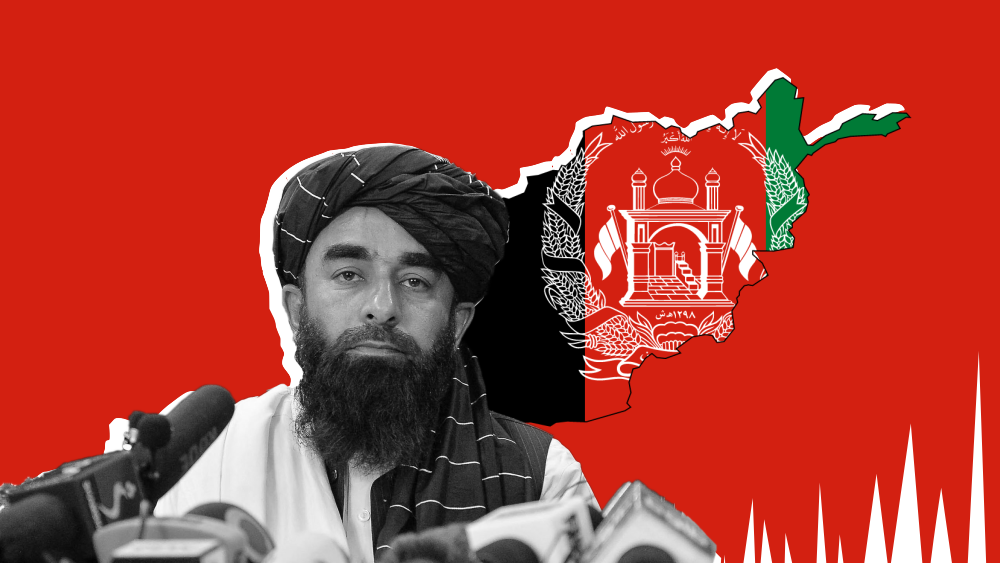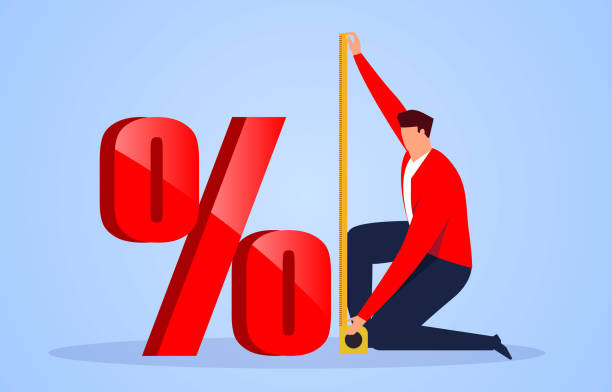Afghans hold on to cryptocurrency as the Taliban takeover triggers economic crisis.
During the economic crisis triggered by the Taliban's hostile takeover, some Afghans are relying on their cryptocurrency holdings. Crypto assets won't help citizens buy anything right away, but they will ensure that their money is safe in the face of economic uncertainty.
In Afghanistan, investing in cryptocurrencies is a relatively new notion, but the country has experienced fast acceptance of digital currency in 2021. In the Chainalysis 2021 Global Crypto Adoption Index, the country was rated 20th out of 154 countries, a significant improvement over 2020, when it did not even make the list. Afghanistan rises to seventh rank after separating the country's peer-to-peer (P2P) exchange trading volume, according to the research.
The data suggests that more Afghans began investing in cryptocurrencies this year, owing to fears of an economic downturn as the Taliban began their campaign to retake control of the country.
In fact, according to Google Trends, web searches for the terms "bitcoin" and "crypto" increased in Afghanistan in July, just weeks before the Taliban took control of Kabul. However, because the tool only calculates the measure of interest and does not store actual statistics, there is no way to determine the exact number of searches.
A 22-year-old Afghan with crypto holdings spoke to CNBC.com and stated that he has been keeping a close watch on his Binance, the world's largest cryptocurrency exchange, portfolio.
Farhan Hotak is one of the few Afghans who will be spared the currency devaluation brought on by the Taliban's takeover. Others, like as Hotak, who have invested in cryptos, will be shielded from the quick devaluation of the currency. It should be remembered that once the Taliban took control of Afghanistan, the afghani, the country's currency, fell.
Hotak said, the scope of investing in Bitcoin and other cryptocurrencies in Afghanistan is relatively limited. “I have a finite amount of resources with which to accomplish anything. I'm interested in the crypto sector because I've made a lot of money and believe I have a lot of opportunity to go much further,” he told CNBC.com.
Musa Ramin, a 27-year-old Afghan national, spent a chunk of his wealth in cryptocurrency just days before the Taliban took control of Kabul.
After losing money owing to fast depreciation currency, Ramin began investing in cryptocurrencies. Due to the Covid-19 lockdown, he was stranded in Turkey for six months in 2020. He exchanged all of his currency for the Turkish lira. After the currency spiralled due to the Covid-induced worldwide economic crisis, he suffered significant losses. He said, "That's when I discovered bitcoin."
He lost a lot of money at first, but thanks to Twitter and YouTube courses, he learned how to manage digital assets. He still holds a considerable amount of cryptocurrency and considers it to be the safest location to put his money during times of economic uncertainty.
While cryptocurrency adoption has witnessed growth in Afghanistan, it is still far behind the levels seen in other nations where digital assets are becoming more popular. Electricity shortages, poor internet, limited financial services, and a lack of understanding are just a few of the factors that have stymied large-scale crypto adoption in Afghanistan.

















